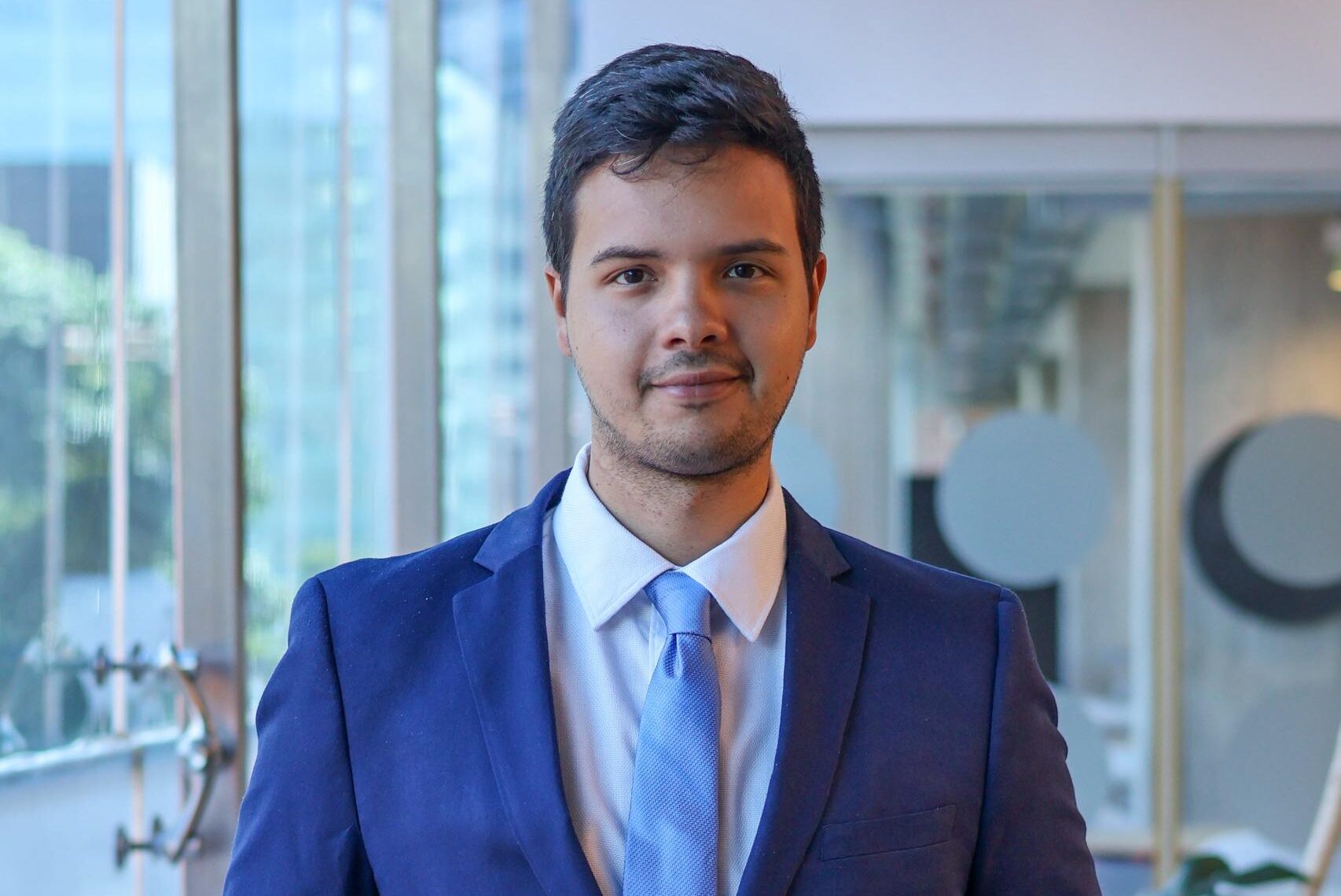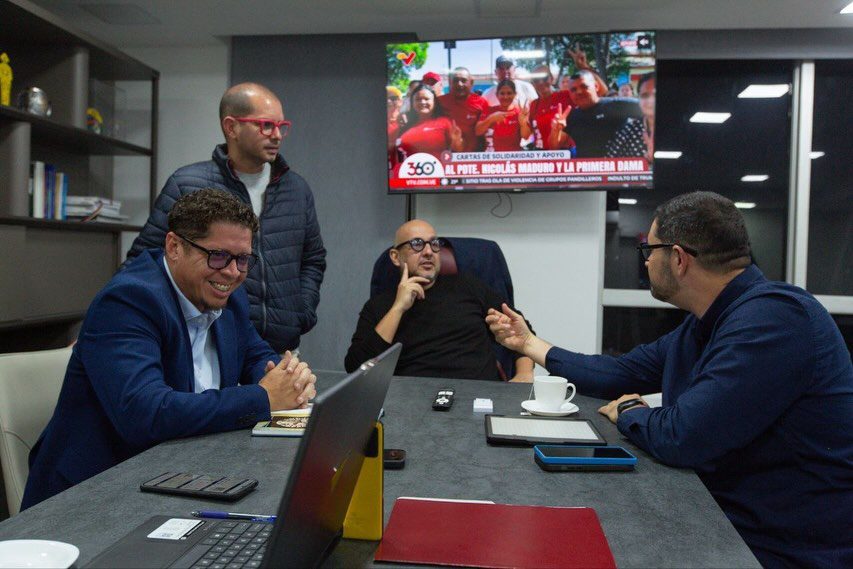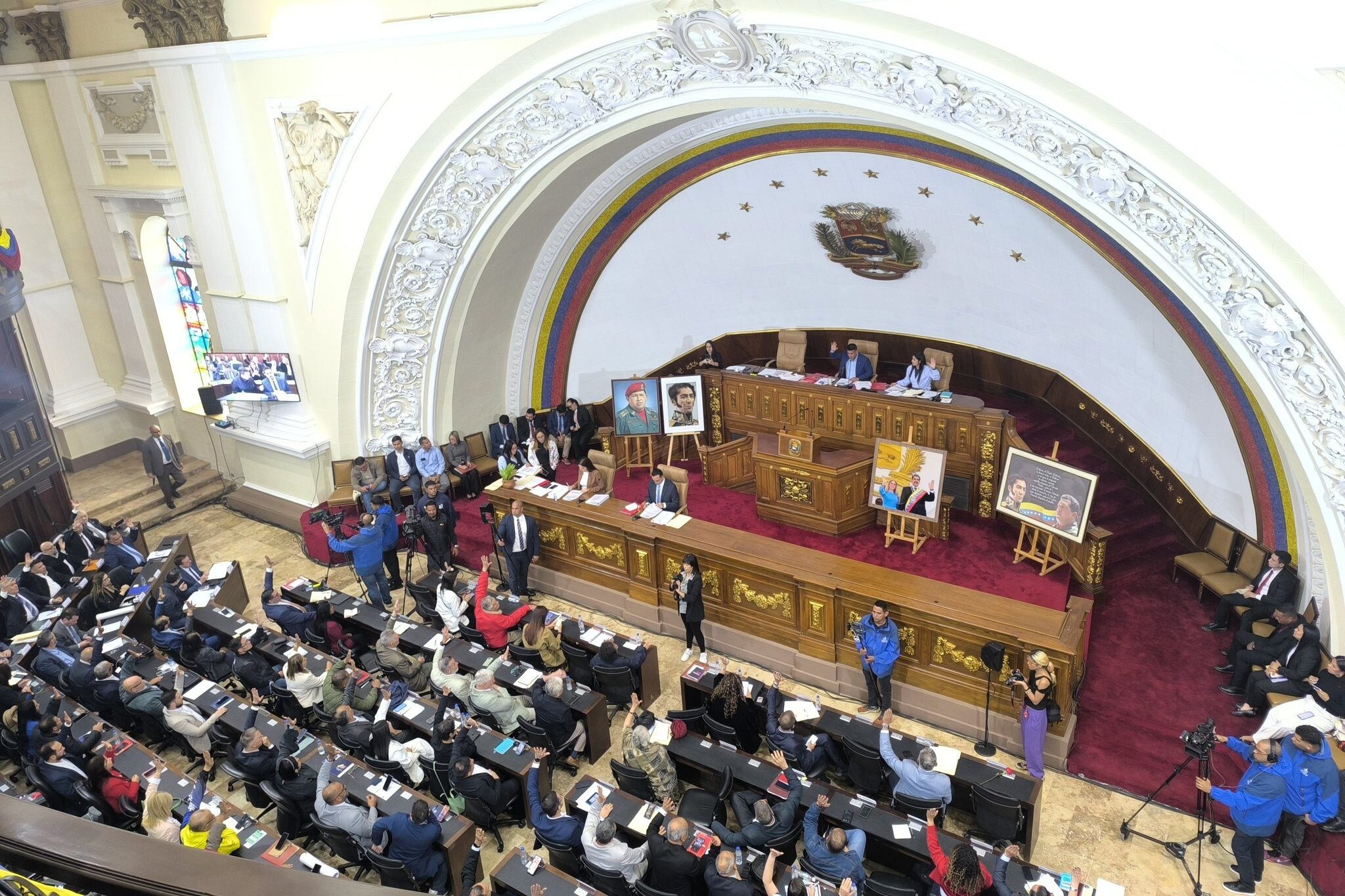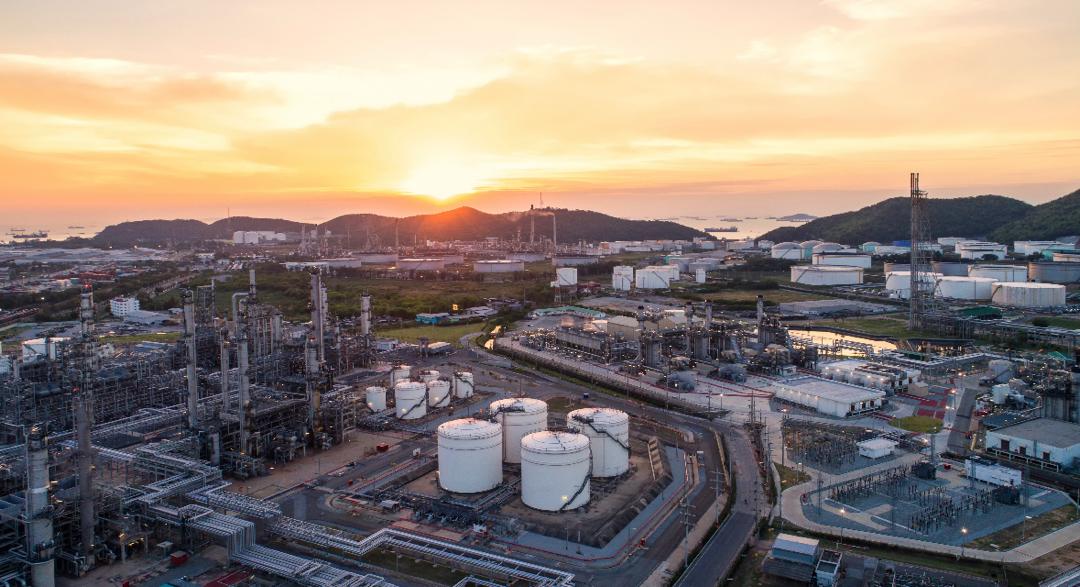Fabián Campos is a Business Economist who graduated from the Universidad Metropolitana and Coordinator of Scenarios and the Datanálisis Multisectorial Business Survey.
Guacamaya, November 9, 2025. In the previous article, “How are companies financed in Venezuela?“, we discussed some of the alternatives that companies have reported using to obtain financing. Logically, in a context of limited bank credit, rising prices, and exchange rate uncertainty, corporate financing becomes imperative. But where does that leave the end consumer?
The Venezuelan consumer faces the same challenges. And just like companies, they seek alternatives to “finance” their consumption and “preserve” their income.
According to the results of the Datanalisis National Omnibus Survey, regarding their purchasing mindset, 42.9% of respondents stated that they “plan everything carefully to stretch their money as much as possible,” and 29.8% stated that they “focus on solving day-to-day needs, buying what they can with what they have.”
Ever since Adam Smith introduced the concept of “saving as the source of investment” in The Wealth of Nations (1776), through the “Consumption Function” established by John Maynard Keynes in The General Theory of Employment, Interest, and Money (1936), “Consumption” has been understood by economists (and non-economists) as something “opposite” to “Saving.” The idea is simple: what is not consumed, is saved (and may or may not be invested).
But what happens when the capacity to save is limited or saving itself becomes, to some extent, “inconvenient”?
Considering that one of the main strategies for companies in Venezuela is to maximize the fulfillment of labor commitments (payroll, remuneration, bonuses) in bolívars, it can be assumed that on the “15th and last day of the month” the system is “flooded” with bolívars.
The Venezuelan consumer, therefore, has 3 options:
1. Save in bolívars: Not very efficient, considering they face a relatively constant devaluation and a rise in the price level.
2. Save in foreign currency: A good strategy, but given the scarcity of foreign currency at the official price (BCV exchange rate), the consumer tends to turn to unofficial markets with higher prices (or rates); thus, their capacity to acquire foreign currency tends to decrease as the difference between these two “currency prices” increases.
3. Spend to save: This is where an option appears that, although seemingly counterintuitive, represents a sort of “efficient outcome” for the Venezuelan, who prefers to “protect” their purchasing power by acquiring goods and services at the “official price,” even maintaining a consumption rate higher than usual.
It is in this third option that another particularity of the Venezuelan economy is reflected, one that breaks with years of economic postulates and some honorary doctorates: The Venezuelan uses consumption as a savings mechanism. Not necessarily because they “want to” or have it “in their plans,” but because it represents a better option compared to their alternatives (saving in bolívars or acquiring foreign currency at unofficial prices). This is where the phenomenon of “I’d rather stock the pantry” appears, and the consumer tends to, returning to the business analogy, create “overstock” rather than see their savings capacity reduced.
And this is where companies have the opportunity to capitalize, offering options that stimulate this “over-purchasing,” while still understanding the maxim of the Venezuelan consumer: They buy the best they can with what they have. That is, without giving in to the temptation of competing on “price” at the expense of “quality.” And if you still have doubts, you can see how lowering prices as an isolated strategy characterizes the companies that have experienced the greatest decline in their sales.







